"I thought I was a social outcast.
But that changed one night in 1989."
Ashan
Living parallel lives,
One, conforming to society in public.
The other, a secret in his heart.
Now in his 60s, he is part of China’s lost gay generation.
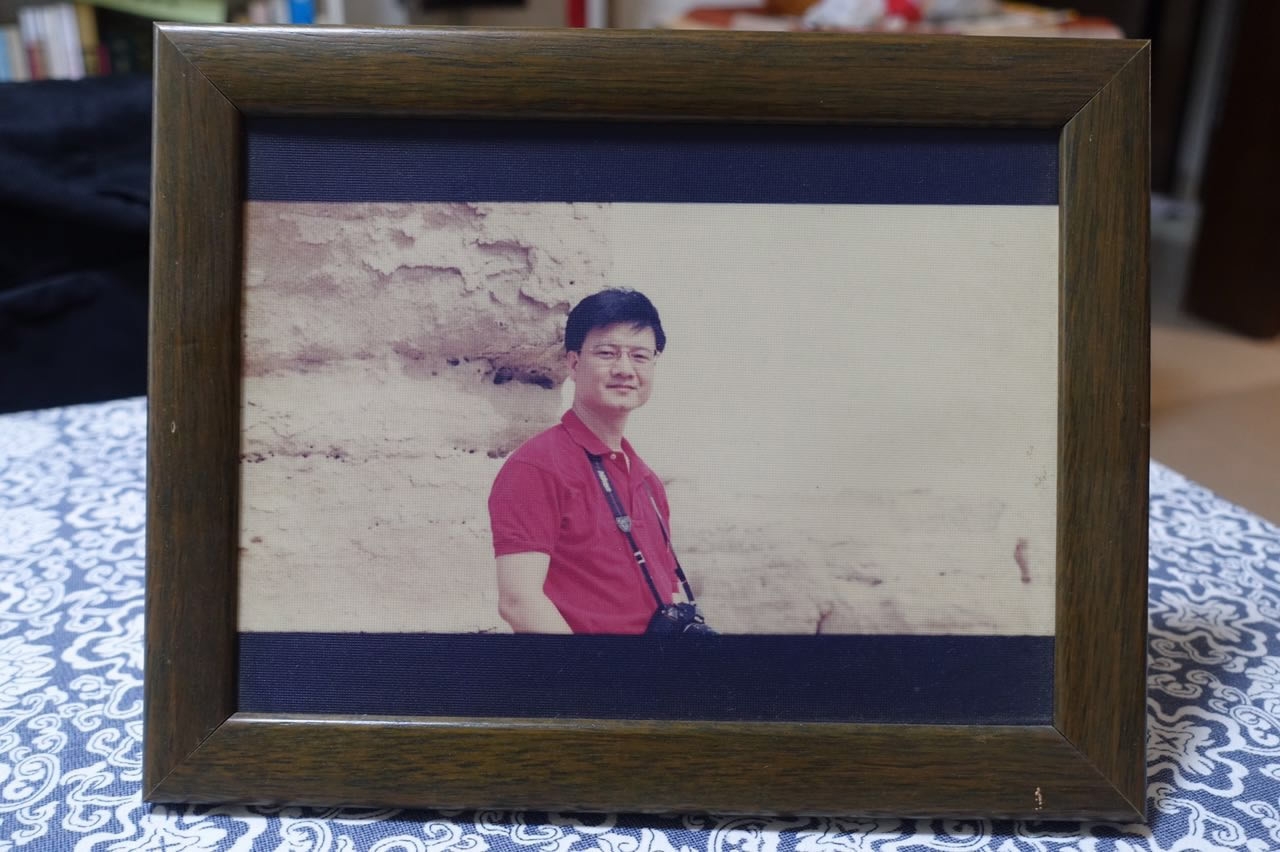
I
It wasn’t just love, it was also an awakening.
“On one night in 1989, the sky had a violet hue. I didn’t realize at first, but I was walking around a popular cruising spot. A young man came up to me, his face tender as the deep velvet night.
"He glanced at me and our eyes met, it was as if we shared a common heartbeat. He asked my phone number. I gave it to him, and he gave me his. Thinking about it, we were pretty brave. That year, I was 35, and he was 25. Secretly, we had an emotional bond. After I met him, I knew one thing for sure. I was gay, and so was he.
"One year later, it was all over. He was going to marry a woman. There was nothing I could do. But I knew that our love would live on, in my memories.”
Ashan falls silent, his face reddening.
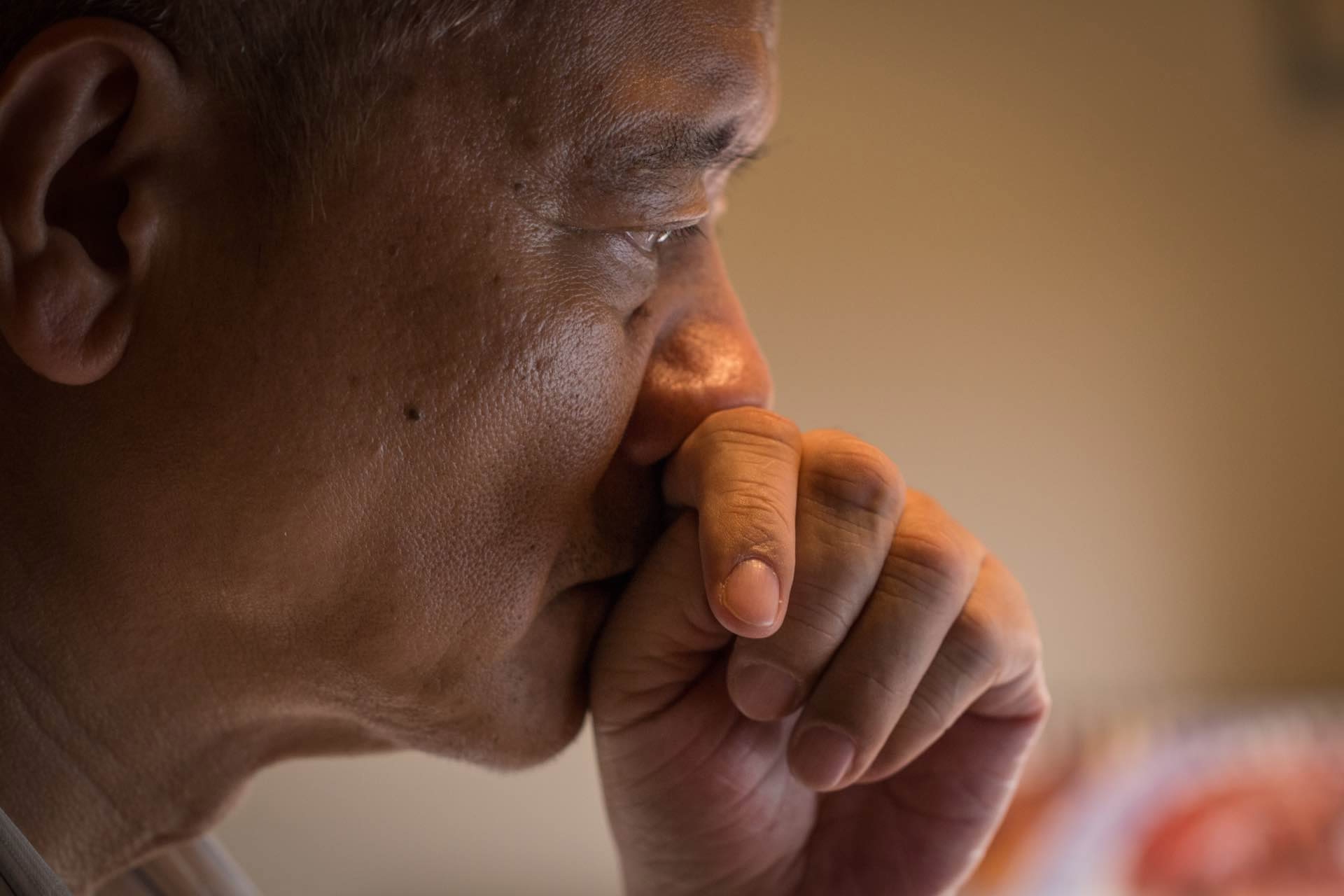
In the early 21st century, the Internet boom provided gay men and women with new ways of reaching out to the gay community, leading to a decline in cruising spots.
In 1993, Ashan left Beijing for Guangzhou. He met several men through the Internet, but he didn’t find love. Now he is 63, he is still single and lives on his own.
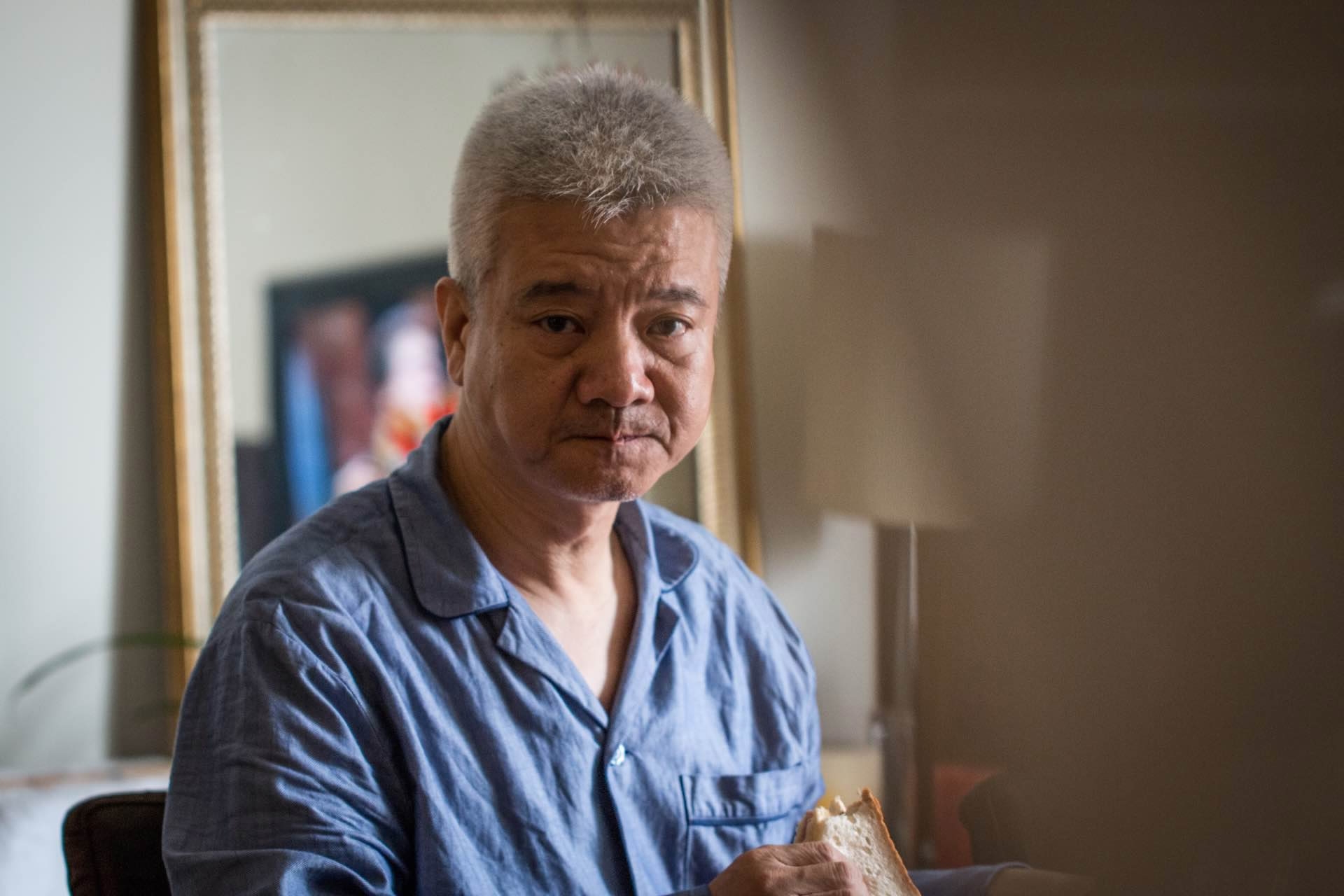
“The days on my own were free but lonely. In 2014, I retired. I joined a voluntary organization in Guangzhou called PFLAG China, a group that provides services and information to the LGBT community along with their families and friends. In 2014, I took on a project to gather the oral history of Guangzhou’s older gay population, looking at men aged 60 to 90.
"I hope with the records I make, people can better understand the recent history of the LGBT community, and their stories can inspire younger generations. Because life influences life, we are connected, blood by blood. Through recording these stories, I was not just hearing the story of a single person. This was what struck me most about the power of oral history.”

In June 2014, the first oral history work of older Chinese gay generations was written by Dr. Jiang Shaoqi, an associate professor of sociology at the University of Hong Kong. According to Ashan, in mainland cities like Beijing, Shanghai and Guangzhou, some LGBT groups have also produced works of oral history. But Ashan is the first to begin a study focused on older gay generations in the Chinese mainland.
II
“The life that we want”
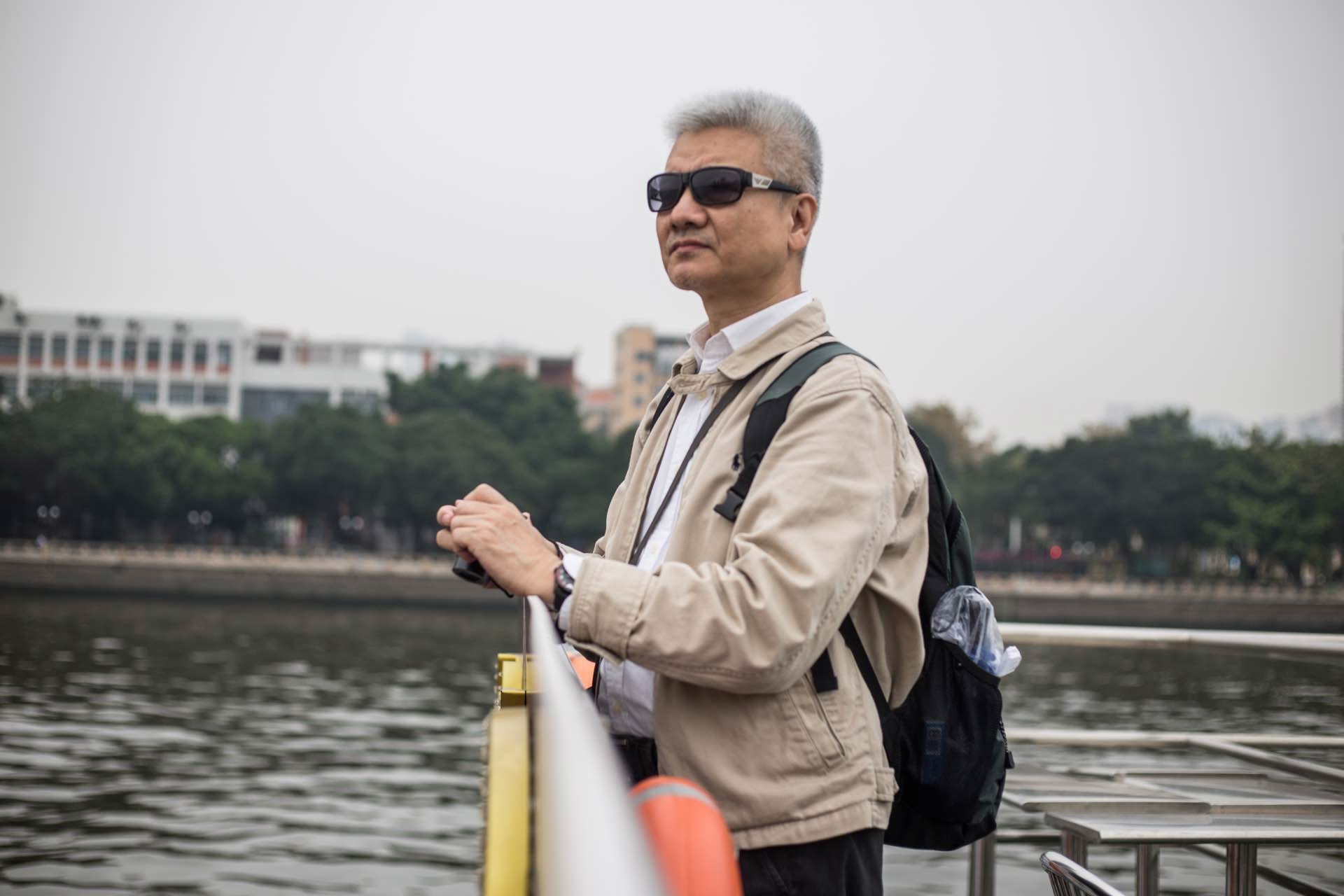
Reflecting on the uncertainty of his adolescence, Ashan recalls:
“I had feelings for other boys at the age of six. I didn’t know why I felt that way, there was no information I could find about it. Later on I read a book, which defined it as perverted.
I never dated a girl until I was 28, after I finished my post-graduate studies and worked in Beijing. Some colleagues introduced girls to me. I thought it was right to find a woman to marry and settle down. I just felt that that was what everyone should do.
However, while making friends with girls was nice, having affection for them was beyond me. I still want to spend my life with someone I truly love.
Many older gay men said, if society was more tolerant, they would’t have had to marry women. But they did, and the pain that caused lived on forever.”
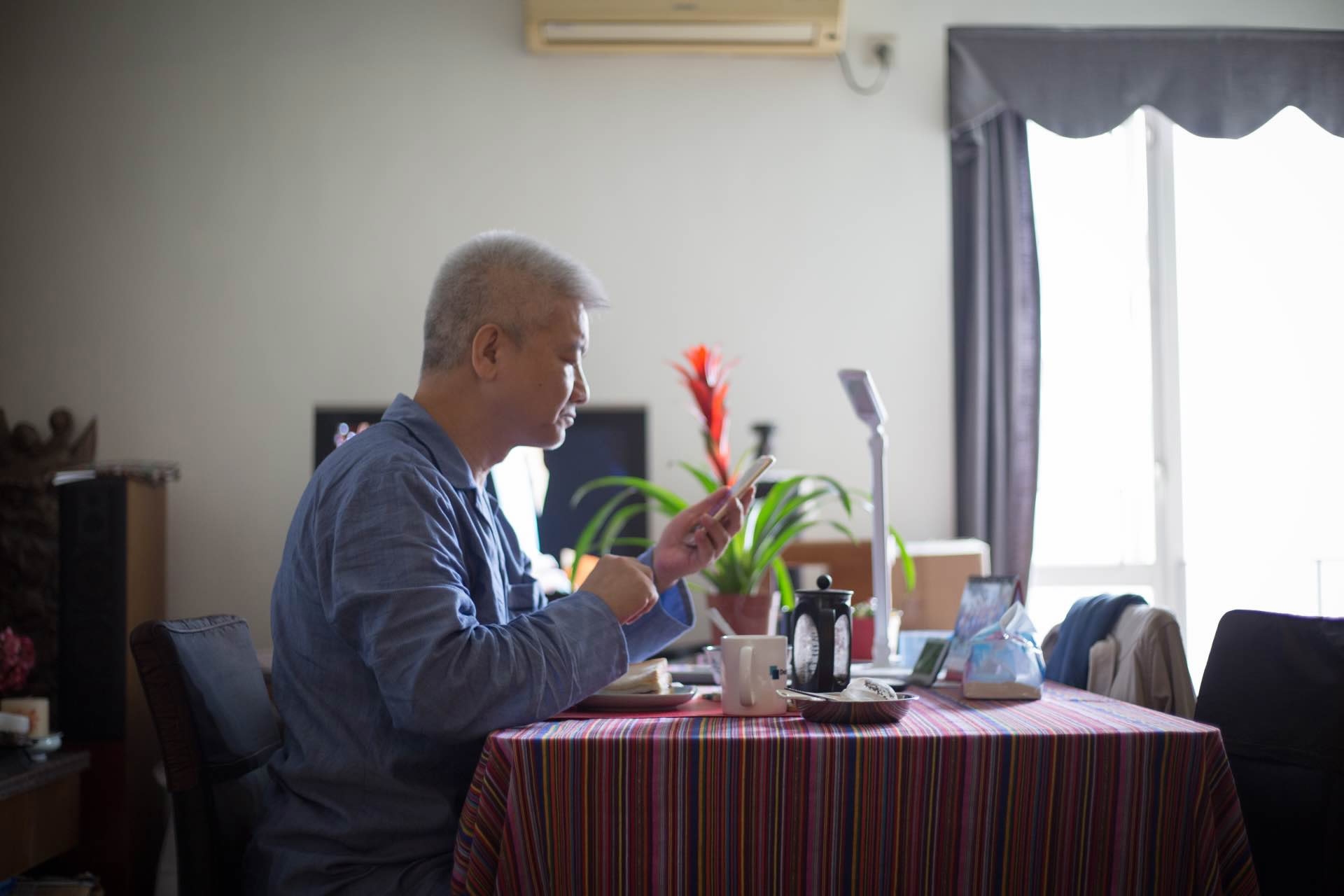
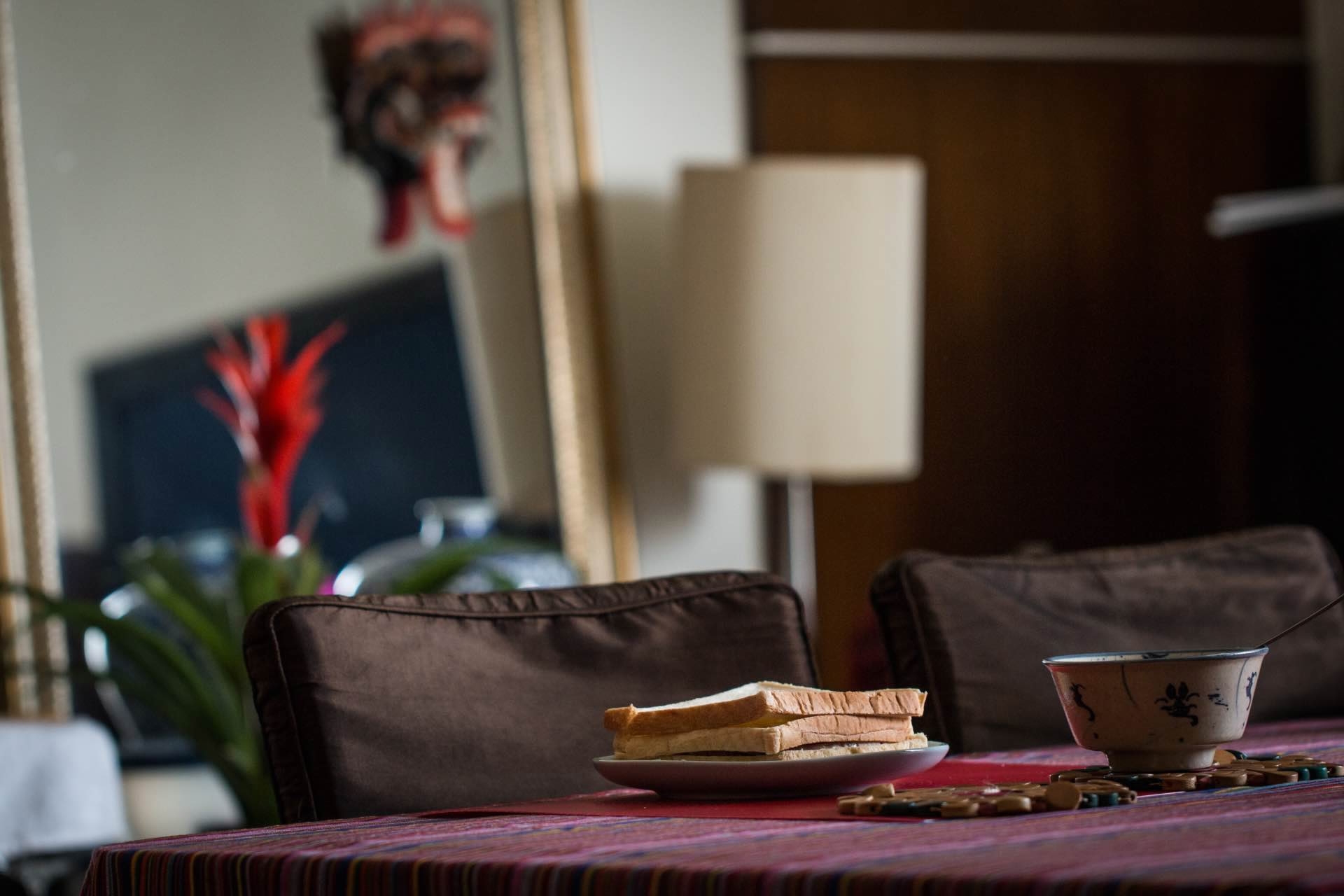
In human history, acknowledgement and acceptance of the LGBT population has been a painstaking process:
In the 1950s and 60s, homosexuality was criminalized and regarded as a mental illness in many countries, including the UK, US and Germany.
In 1990, the World Health Organization (WHO) removed homosexuality from their list of mental disorders.
In 1997, in the modified ‘Criminal Law’, China deleted an item that regarded homosexuality as “hooliganism,” marking its decriminalization in China.
In April, 2001, the CCMD-III (Chinese Classification and Diagnosis of Mental Diseases – third edition) removed homosexuality from its list of mental illnesses.
In 2012, WHO clarified that homosexuality is not an illness and that is a natural and non-pathological variation of human sexuality. It has also made clear that sexual orientation cannot be changed. Attempts to forcibly change the sexual orientation of lesbian, gay and bisexual persons are ineffective, harmful and may amount to torture.
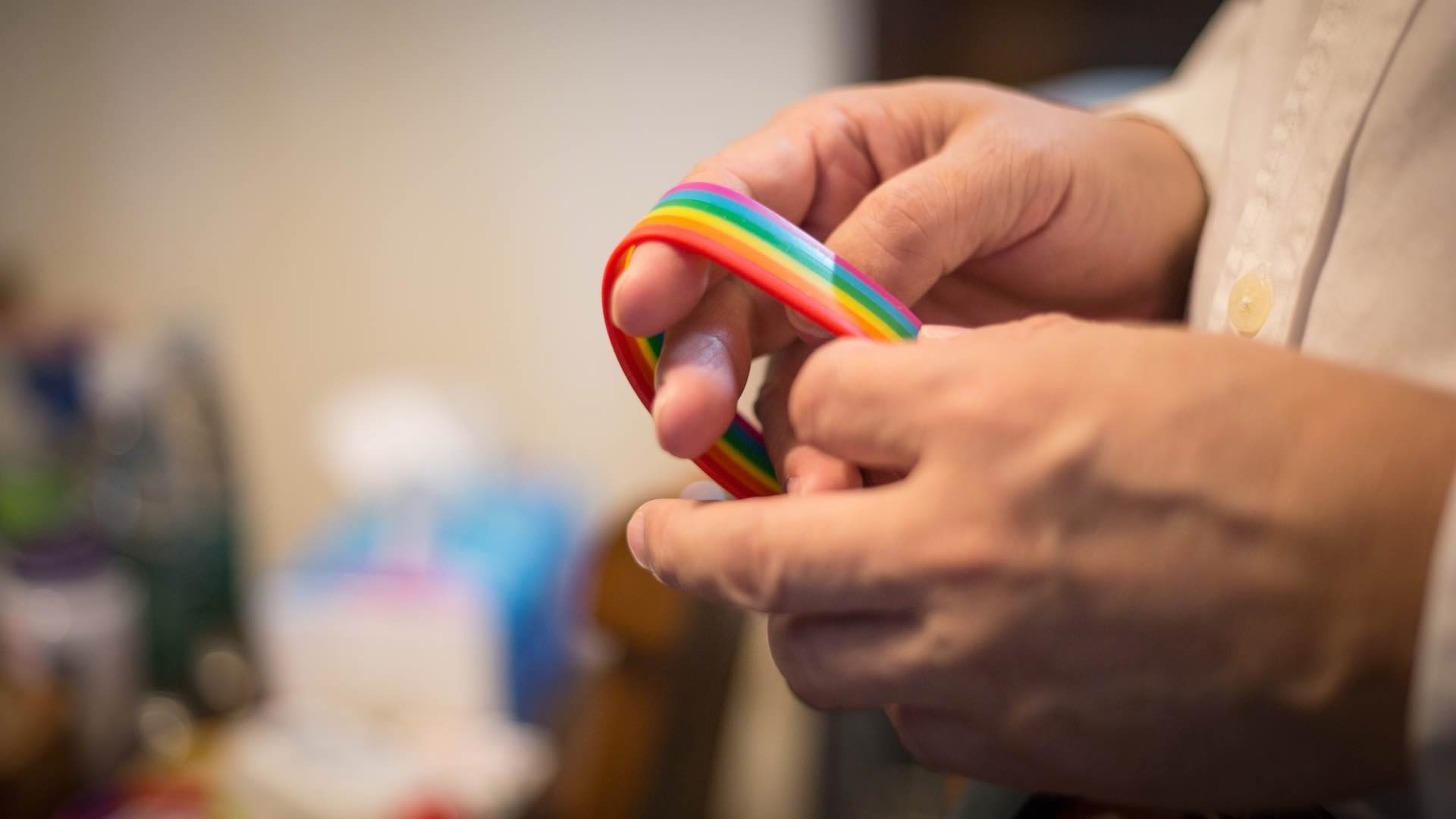
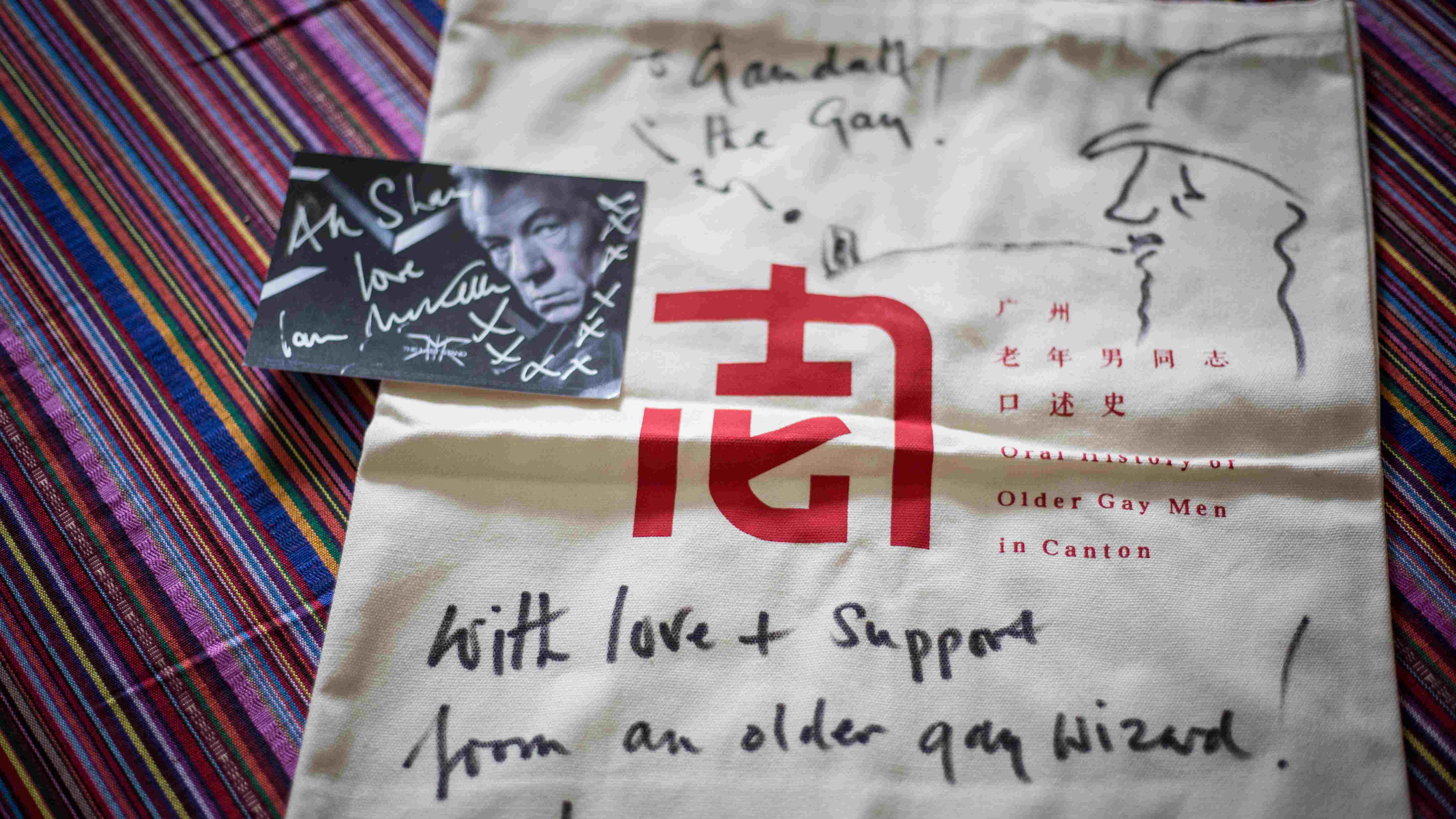
According to Pew Research Center, as of 2017, gay marriage is recognized in 23 countries worldwide. However, based on statistics reported by BBC, at least 76 countries still treat homosexuality as a crime, most of which are distributed in Africa, the Middle East and South Asia.
According to gay dating app Blued, there were around 69 million homosexuals in China in 2015, accounting for five percent of the total population. With China’s aging society, the LGBT population is worried about who will care for them in old age, especially single gay and elderly people like Ashan.
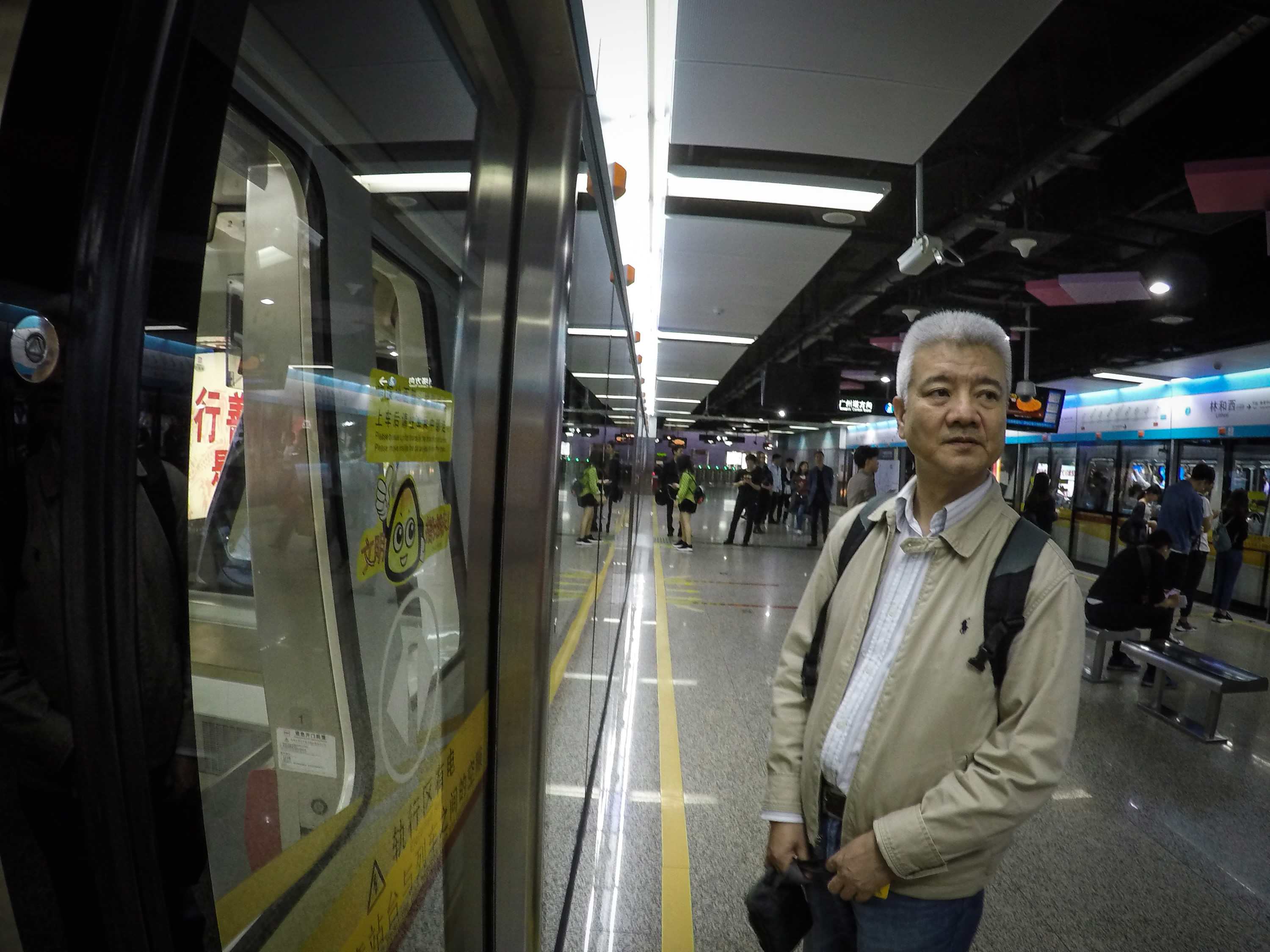
“There will be more and more people who rely on society to support them in their old age. For members of the LGBT community, there is a common concern that staff in care homes will not treat them so well after knowing their sexualities. So some friends have suggested establishing a residential home just for LGBT people. But personally, I don’t think it’s appropriate to isolate the LGBT community from society. I still hope I can find a person I love, and that we can accompany each other. But it’s hard to know. So I hope I can participate in more social activities when I have the chance, to really live my life.”
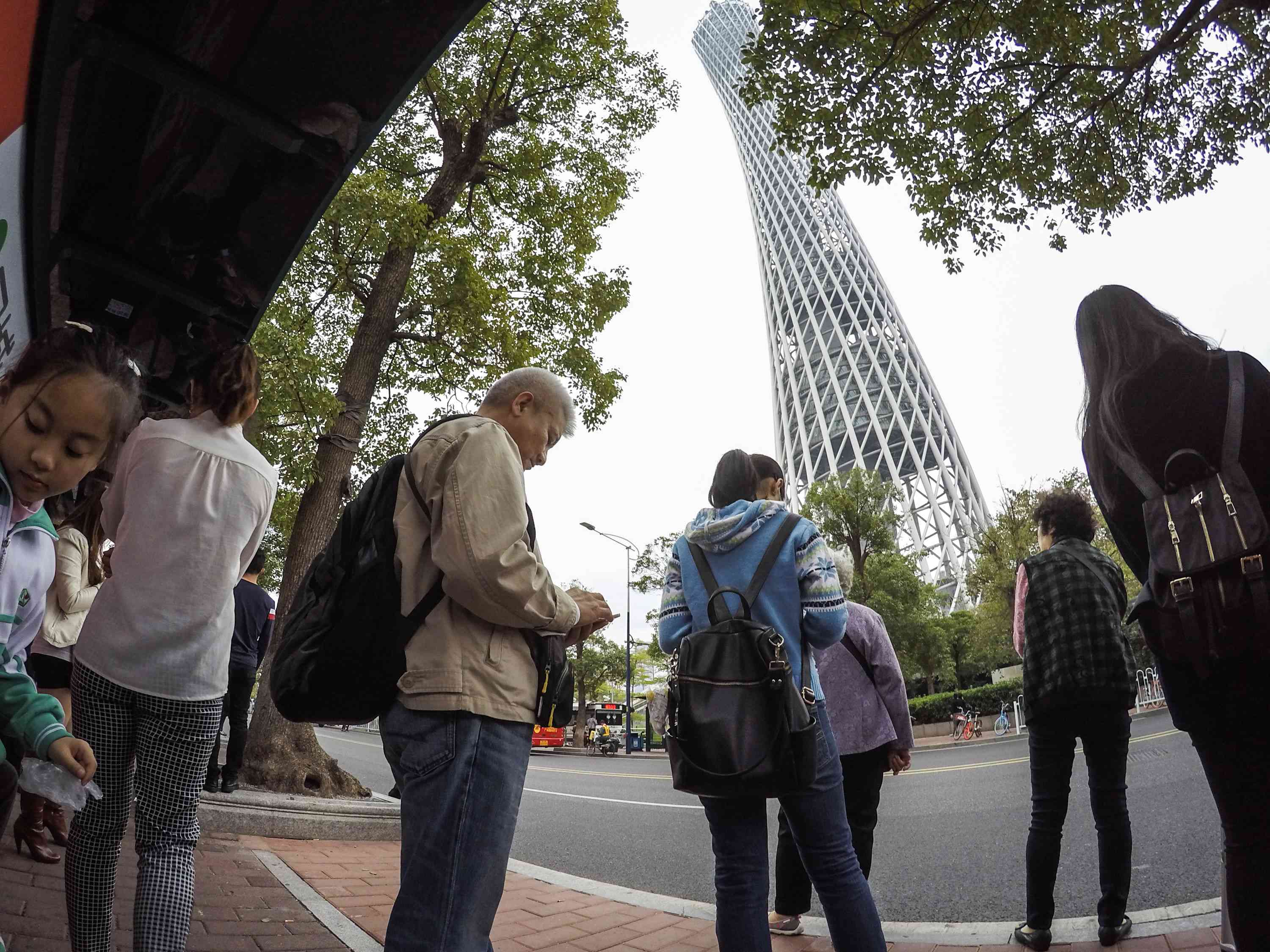
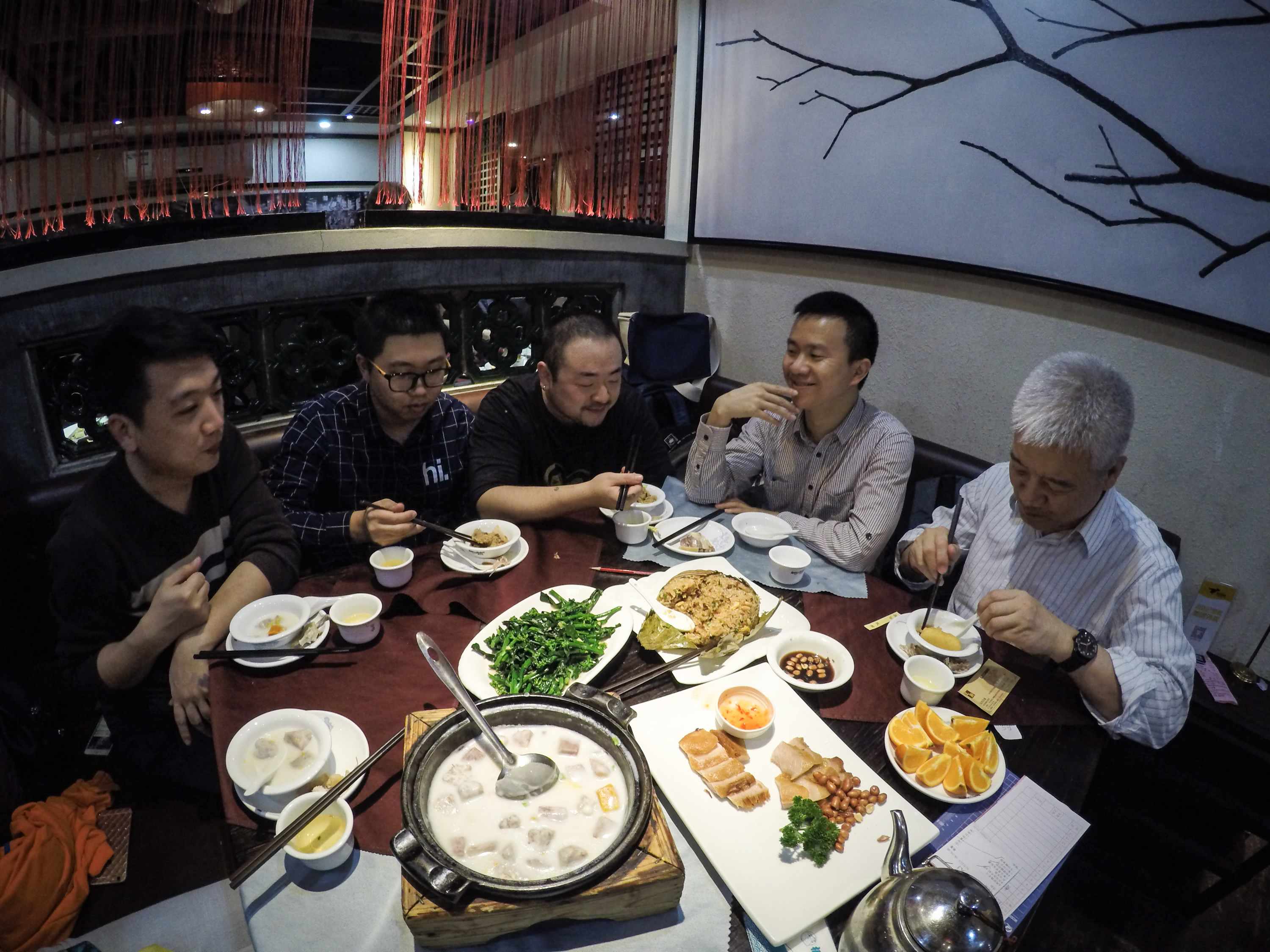
Ashan always wears a smile. He loves to be with his friends, photographing, traveling, seeing movies, watching the classical dramas… As the years have passed, he keeps a heart that is young and at ease.
Now aged 63, Ashan has a whole life to look back on.
He considers what could have been.
“If I could live again ——
I wish we could discuss the problems we had without fear.
I wish we could get a foot in the door of society.
Every man is an independent individual.
Each has his troubles and problems to overcome.
We respect ourselves, and also respect others.
I wish that, without restraint,
We could all pursue the life that we want.”
Kevin Macleod’s song “Anamalie” used in accordance with permission granted: https://creativecommons.org/licenses/by/4.0/
Source: http://incompetech.com/music/royalty-free/index.html?isrc=USUAN1500007
Artist: http://incompetech.com/









